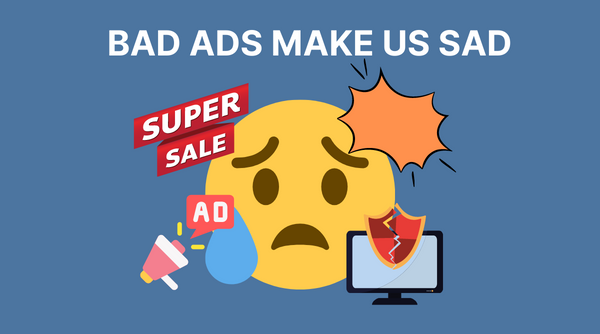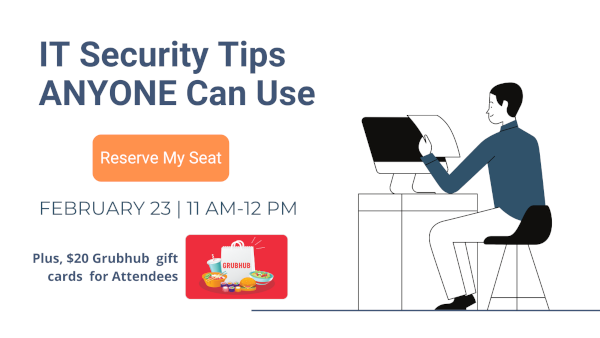As if online ads weren’t annoying enough, we also have to worry about malicious ads stealing our data. Hackers recently set up malicious Google ads mimicking password managers.
The ads directed users to fake login pages. Hackers got first class tickets to password vaults by tricking people into entering real credentials on the fake sites. This isn’t the first, or last, example of hackers using ads to launch attacks.
Luckily there’s an easy solution. Ad blockers are simple and (usually) free tools that stop ads from displaying in your browser. Installing an ad blocker is a win-win. You stay more secure AND you don’t have to deal with ads that clutter your page.

A Brief Guide to Ad Blockers
Which one to choose? There are many ad blockers available, and not all are created equal. Many of us like uBlock Origin. Do your own research to find one that meets your needs AND respects your privacy.
How to install – Ad blockers are extensions to your browser. The process for your browser will vary slightly, but generally speaking you’ll go to the extensions option (look for the puzzle piece icon!). That takes you to your browser’s extension marketplace, where you can search for your chosen ad blocker and install.
Will an ad blocker cause problems? – In most cases, no. Some websites, particularly news sites, won’t let you view content if they detect your ad blocker. If viewing the content is important, disabling the ad blocker takes a single click.
Don’t Block This Ad For Our Next Lunch and Learn!
IT Security Awareness 101 gives strategies everyone can use to stay secure! Enjoy lunch after the webinar with a $20 Grubhub gift cards for attendees!

Date: Thursday, February 23rd
Time: 11am – 12pm
Location: Virtual Webinar
Topics Covered:
-Phishing Prevention
-Password Management
-Multi-Factor Authentication (MFA)
-Wi-Fi Security
-& More!
